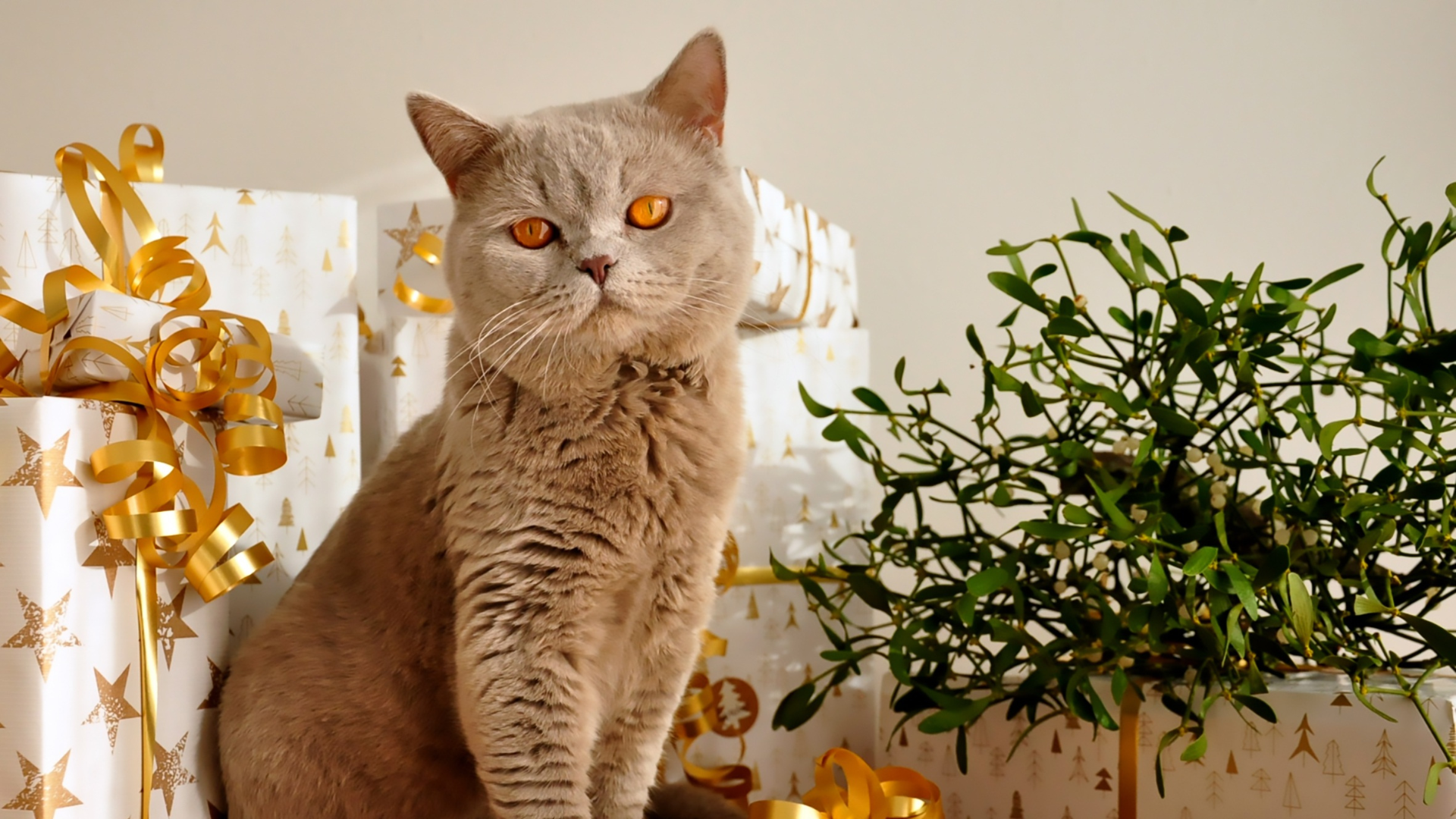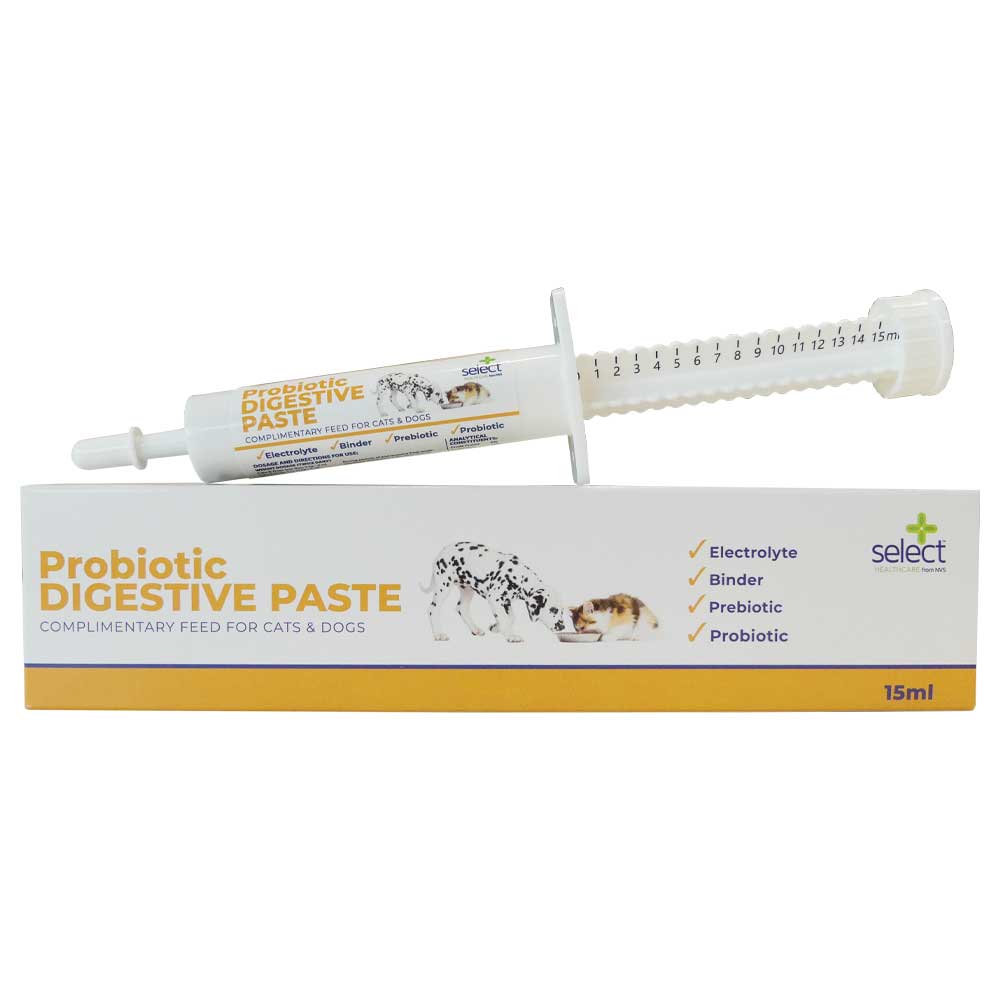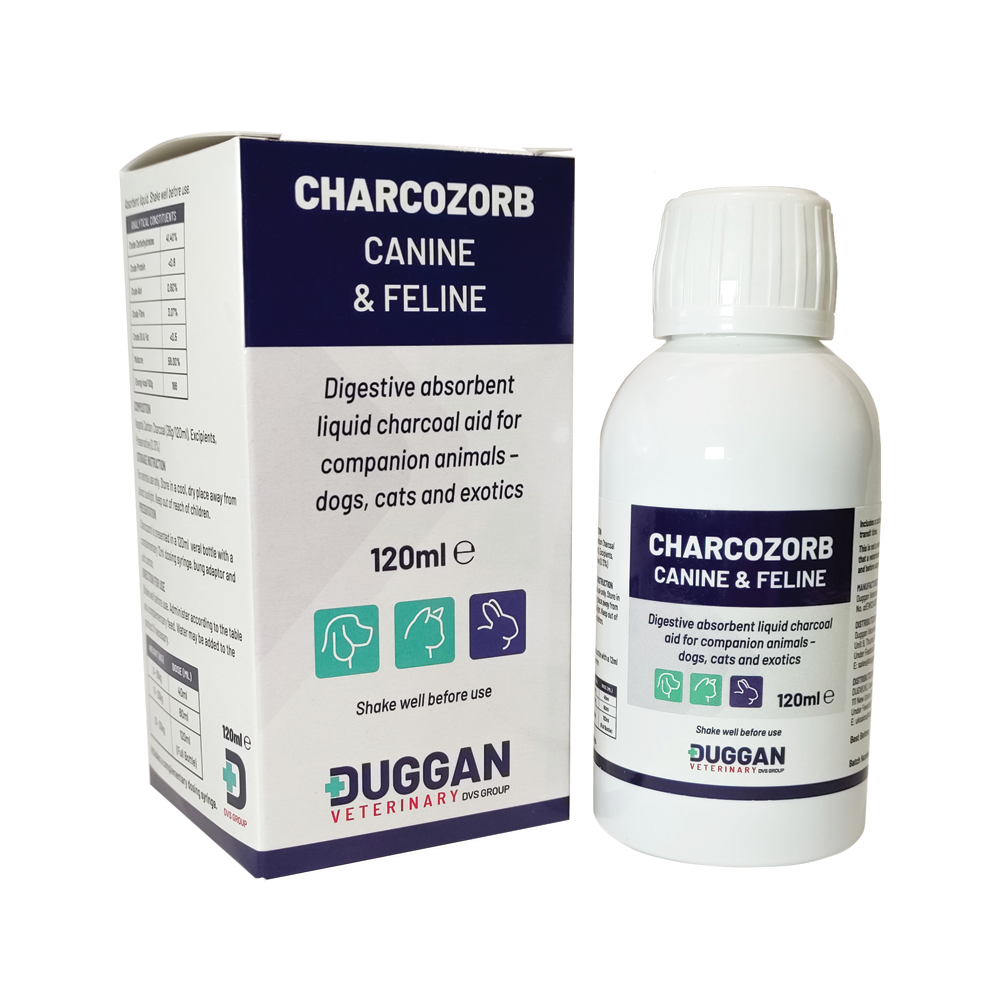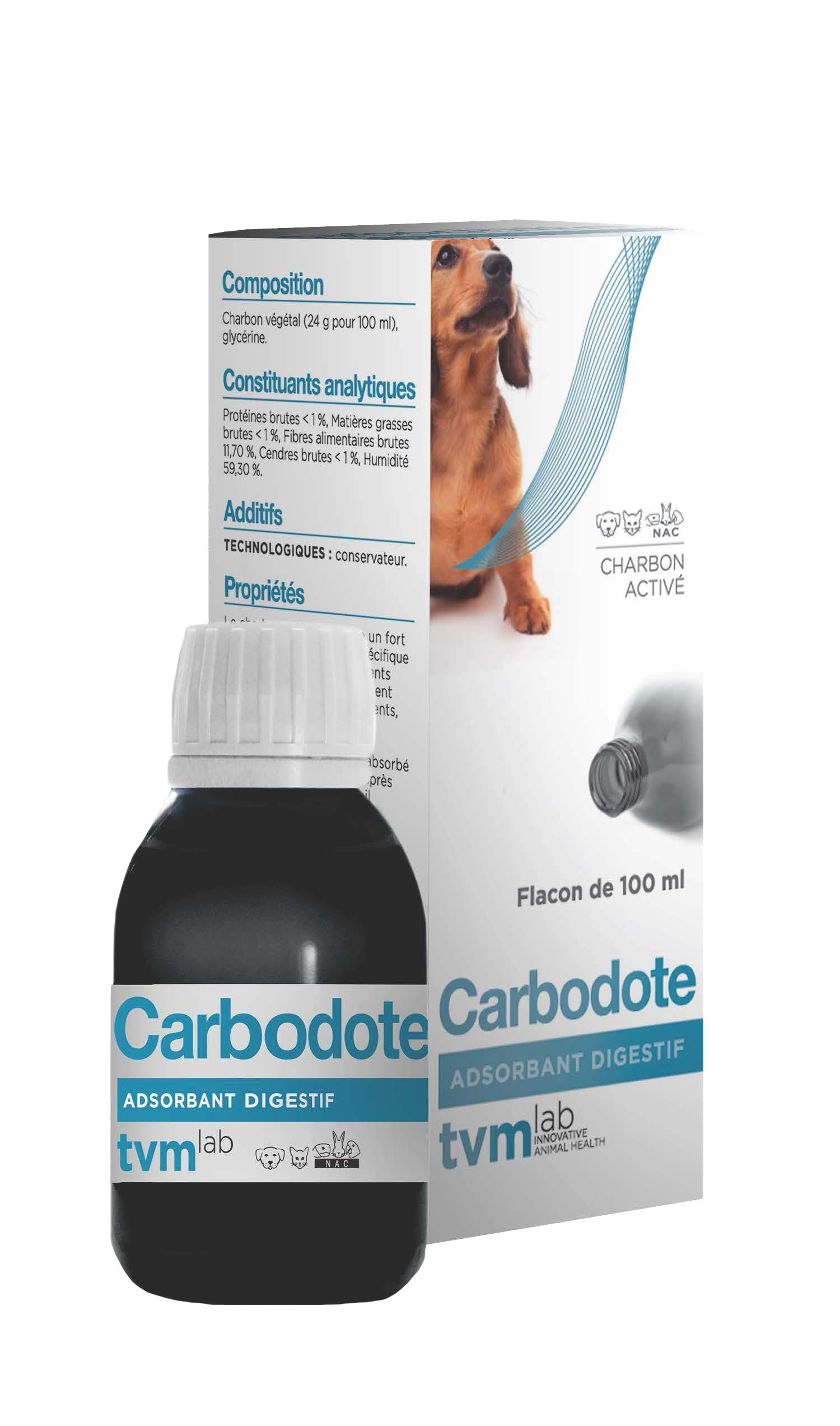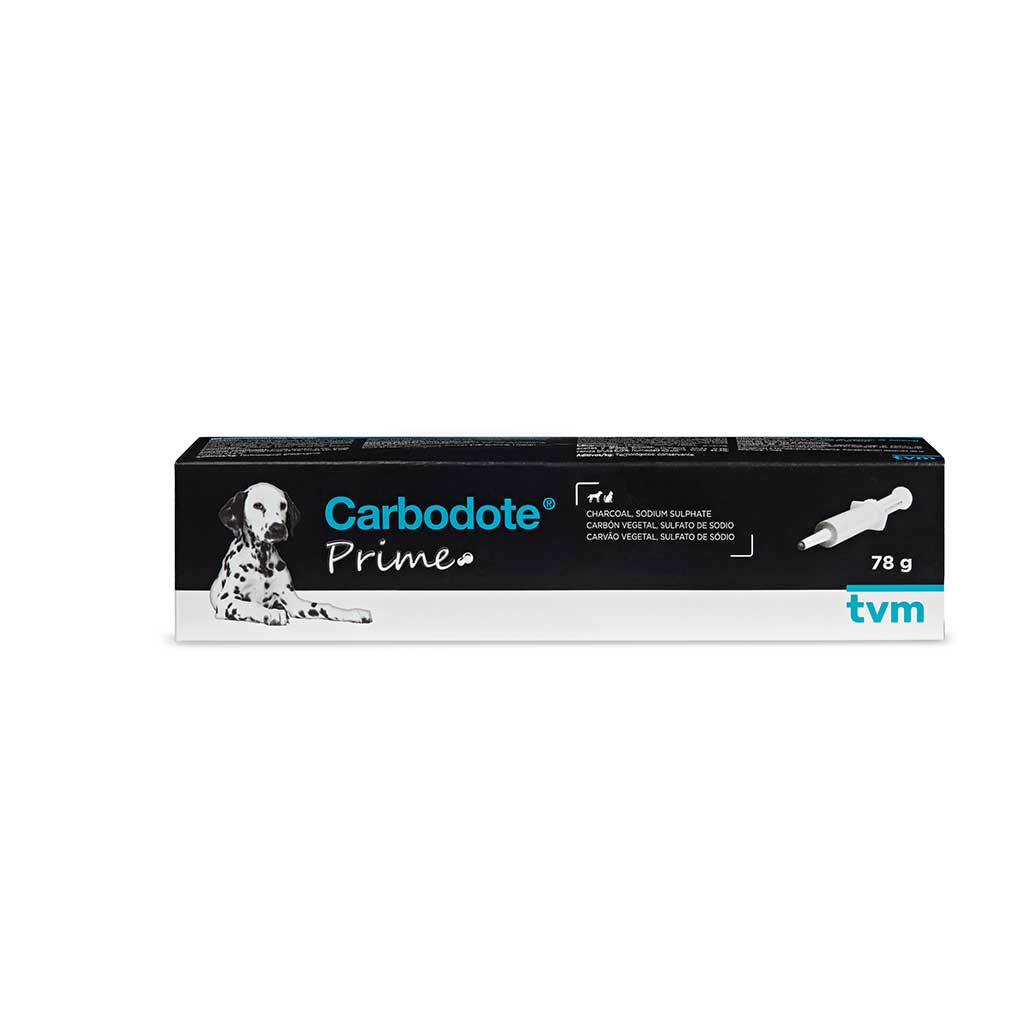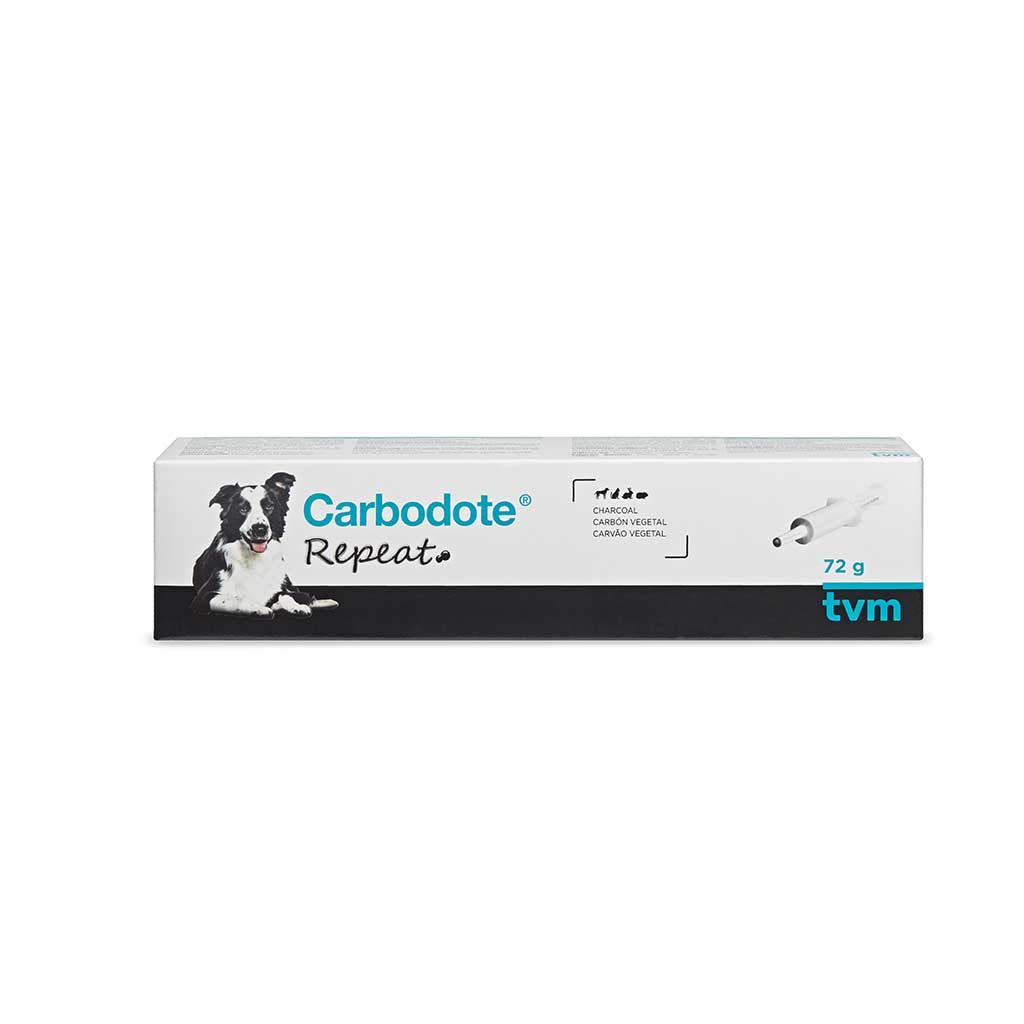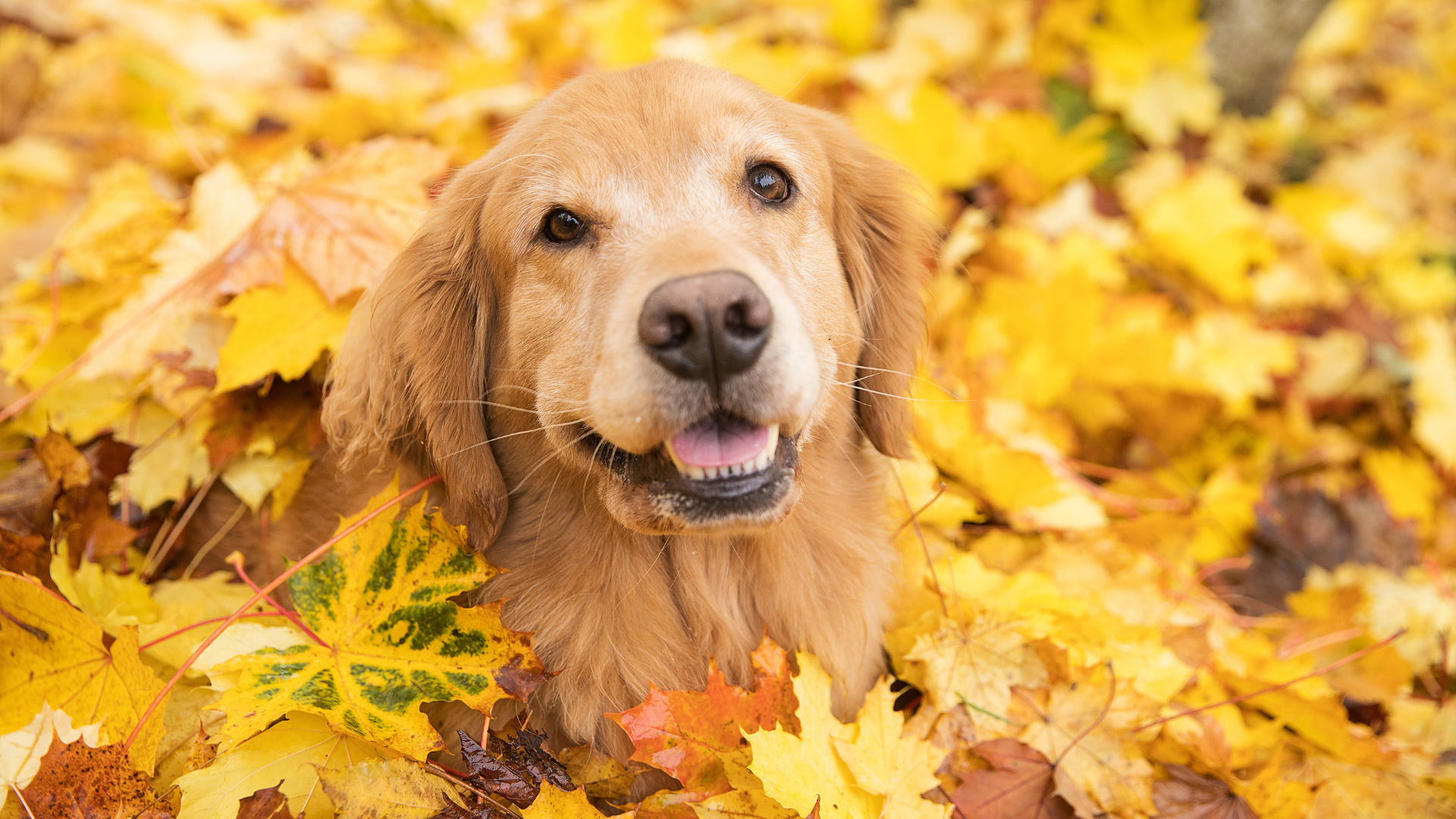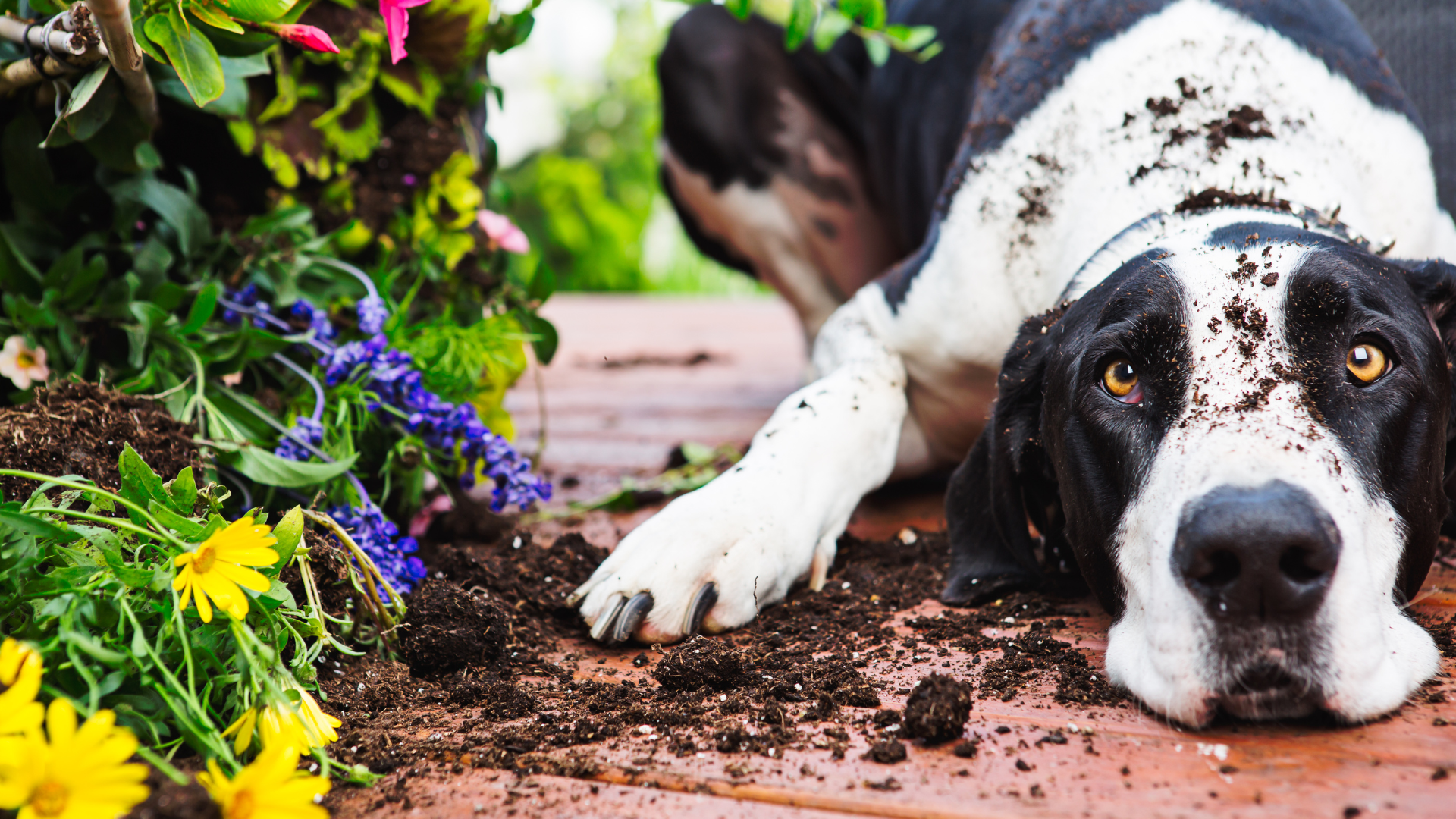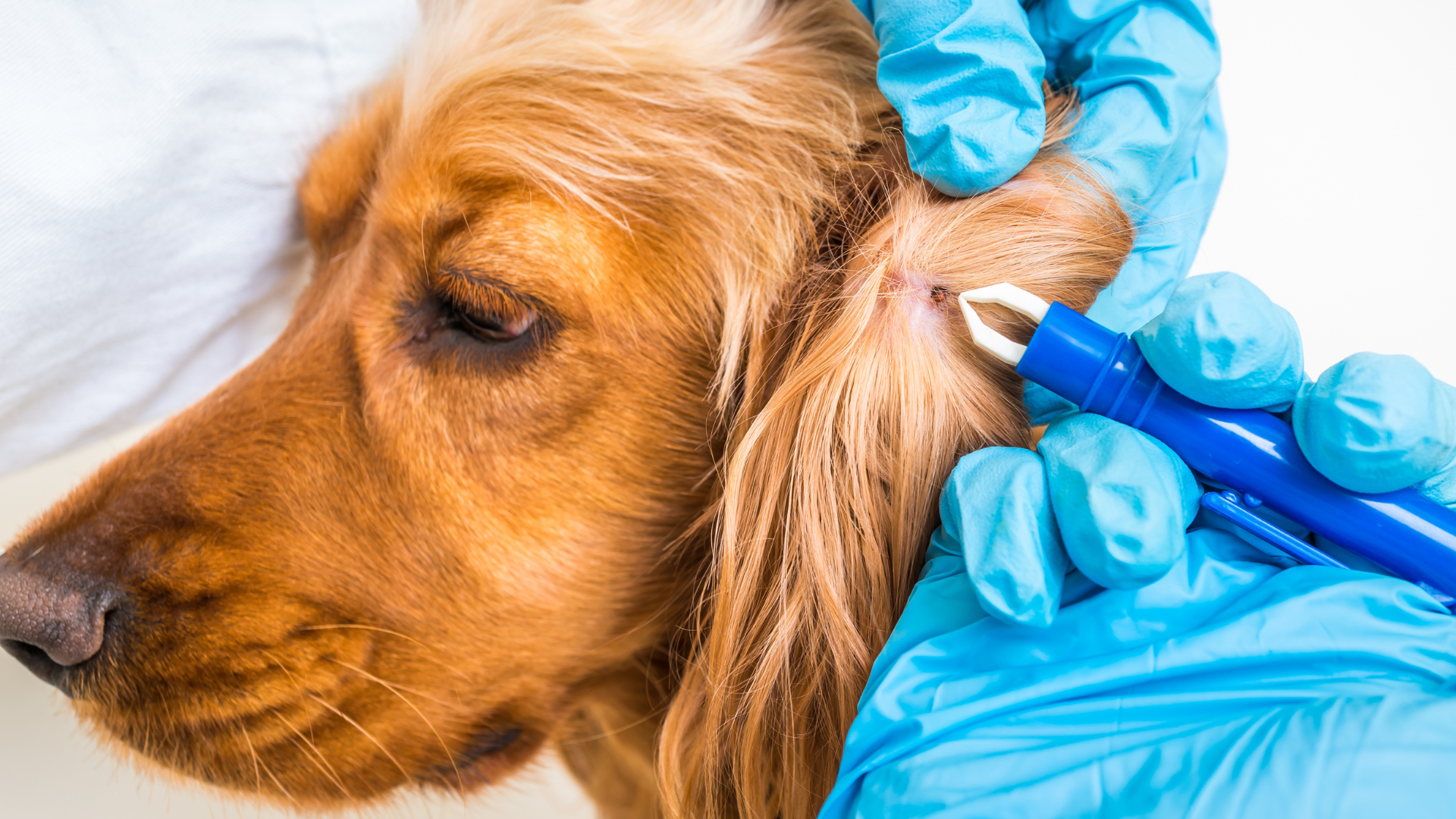From tempting treats to twinkling decorations, the festive season brings a whole host of potential hazards that can put our furry friends at risk.
Tempting Treats
Christmas feasts are an integral part of the festive season, but some of the traditional foods we humans love to enjoy at this time of year can be harmful to pets.
Chocolate: Toxic to both cats and dogs and the higher the cocoa content, the more toxic it can be. Chocolate contains substances called methylxanthines (theobromine and caffeine) which the human body can process, but a pet’s body can’t deal with them in the same way.
Raisins, currants, and sultanas: This type of dried fruit can often be found in treats such as mince pies, Christmas cake and Christmas pudding, but these seemingly harmless baking ingredients can cause kidney failure in dogs.
Xylitol: Also known as ‘E-Number E967’, xylitol can be found in many foods such as sugar-free confectionary, ice cream and baked goods. If ingested it could cause a sudden, life-threatening drop in blood sugar. A large dose can also cause severe damage to the liver and even liver failure.
Nuts: The shells of nuts and nuts themselves can be a choking hazard, and certain types of nuts, such as macadamia nuts, can cause vomiting and weakness in dogs. Keep all nuts out of your pet’s reach and ensure that they are not able to scavenge for discarded shells.
Fatty food and bones: While it may be tempting to share your Christmas dinner with your pets, fatty foods and bones can have adverse effects on their health. Fatty foods can trigger gastrointestinal issues such as pancreatitis, while bones, especially cooked bones, can splinter and lead to digestive tract injuries or obstructions.
Onions, Garlic, leeks, shallots, and chives: These ingredients are often present in gravies, stuffings, and other festive dishes, but they are part of the Allium species of plants and can be poisonous to dogs and cats. Consumption of these foods can cause gastrointestinal upset, red blood cell damage, and anaemia in pets.
Festive Plants & Flowers
Certain plants commonly used in holiday decorations can be toxic to pets. Poinsettias, mistletoe, holly, and Christmas lilies are just a few examples of plants that can cause gastrointestinal distress, lethargy, or more severe health issues if ingested. It’s important to keep these plants out of your pet’s reach to prevent accidental ingestion.
Grit (Rock salt)
The grit used for de-icing roads and pavements contains salt (sodium chloride), which can be hazardous to pets. Ingesting salt can result in high blood sodium concentration, leading to vomiting, lethargy, convulsions, and kidney damage. It’s important to immediately wipe pets’ feet and clean exposed fur if they’ve walked on grit, to avoid them licking their paws or fur.
Pet-proofing your festive home
In addition to specific ingested festive hazards, it’s important to take general pet-proofing measures to ensure the safety of your pets during the festive season.
Hazardous Decorations: Decking the halls with festive decorations is a cherished tradition, but many of these adornments can be hazardous to pets. Tinsel, ribbons, and string can be particularly enticing for cats, leading to potential intestinal blockages if ingested. Baubles and fragile ornaments can break, causing injuries to curious pets, whilst fairy lights pose a tangling risk, causing panic and injury if pets get themselves entangled. Consider using pet-friendly decorations and securing ornaments out of reach to prevent accidents.
Open Flames: Candles and open flames add warmth and ambience to holiday celebrations, but they can pose a fire hazard to curious pets. A wagging tail or a playful paw can easily knock over candles, leading to potential burns or a fire. Consider using flameless LED candles or placing traditional candles in secure holders and keeping them out of your pet’s reach.
Gift Wrapping and Packaging: The excitement of unwrapping presents can be contagious, and pets may be drawn to shiny paper, ribbons, and packaging materials. Ingesting these materials can lead to digestive issues or even an obstruction. Keep gift-wrapping supplies out of reach and dispose of them properly to prevent accidental ingestion.
While the holiday season is a time for joy and celebration, it’s crucial to be mindful of the potential dangers that can affect our pets. By taking proactive measures, such as pet-proofing decorations, securing tempting treats, and creating a safe and quiet space for our furry friends, we can ensure that the holidays remain a joyful and safe time for everyone in the family, including our beloved pets.
Our top pick of products to help with digestive distress:
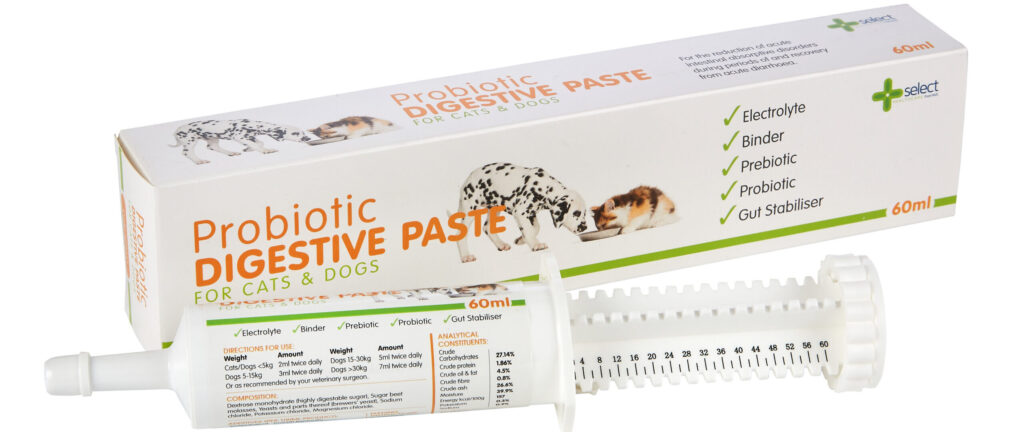
Select Healthcare Probiotic Digestive Paste for Cats & Dogs
A multi-ingredient advanced formula with montmorillonite, pre and probiotics to help quickly restore normal digestive function and firm stools. Available in a convenient oral syringe for easy application.
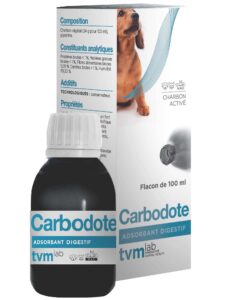
Carbodote Oral Suspension
Carbodote is a solution formulated specifically for dogs, cats and exotic animals. Carbodote is an activated charcoal-based oral suspension for use following the digestion of undesirable substances or in case of intestinal discomfort.
Click here to view our Poison Risks Spotlight.
